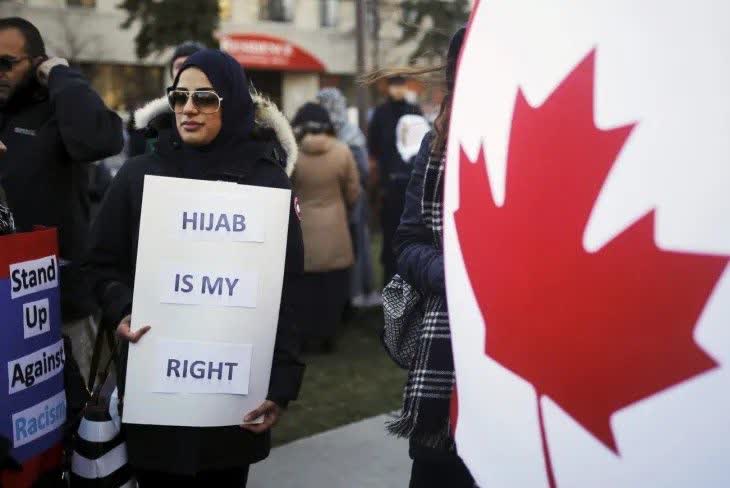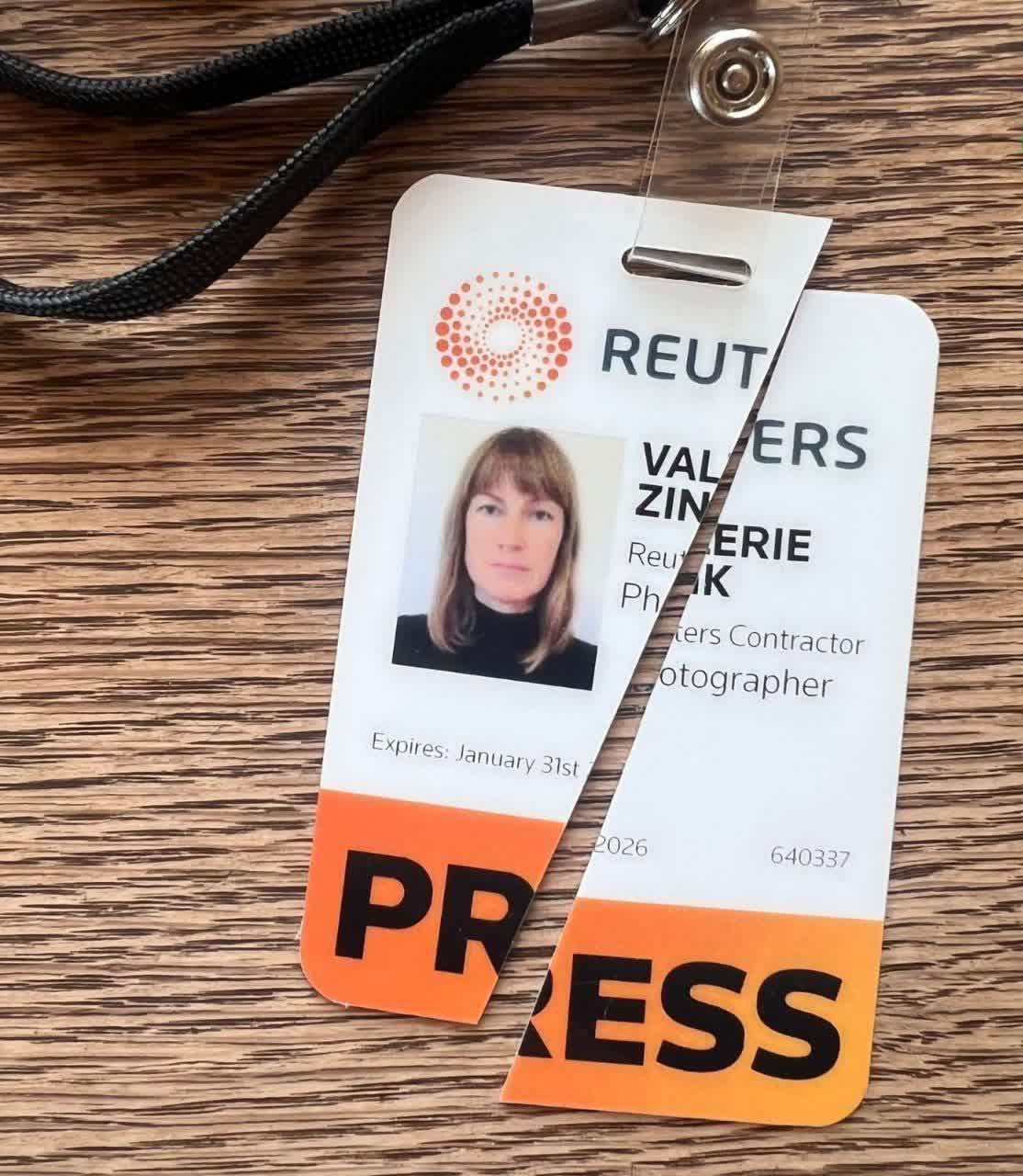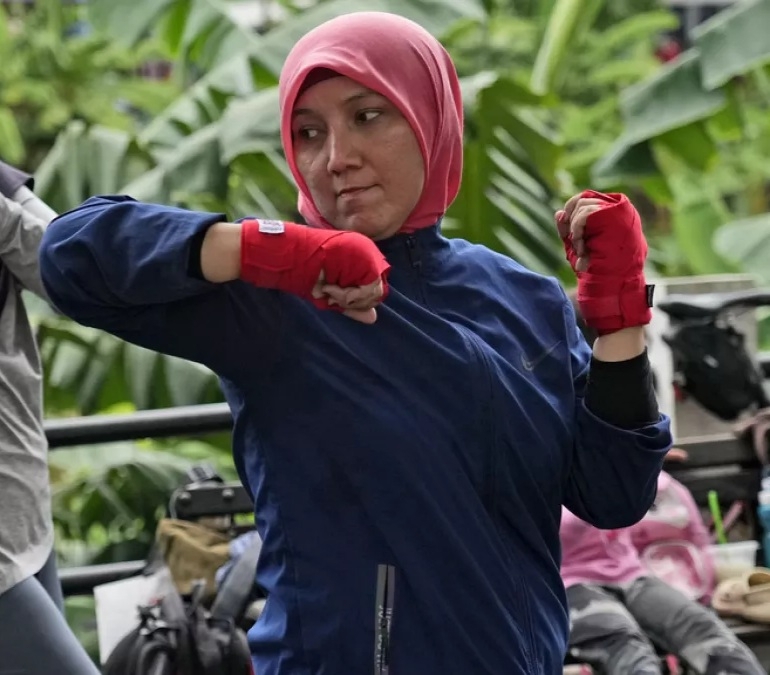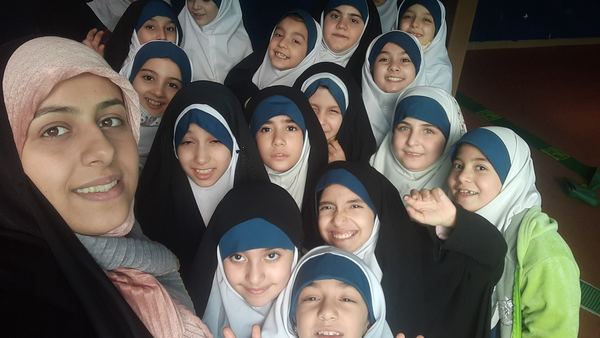A recent advisory report in Quebec, Canada, recommending 50 measures—including extending the ban on religious symbols to state-supported daycares and requiring face uncovering for public services—has ignited fierce debate. The recommendations are seen by many as targeting Muslim women and undermining religious freedoms.
Advisory Report Sparks Backlash
A 300-page advisory report, released in August 2025 after five months of study, offers 50 recommendations aimed at strengthening secularism across Quebec. Co-chaired by lawyers Christiane Pelchat and Guillaume Rousseau, the report proposes phasing out public funding for religious private schools, banning daycare workers from wearing religious symbols, mandating face uncovering during public service interactions, and allowing universities to refuse prayer rooms.
Criticism from Muslim and Civic Leaders
Stephen Brown, CEO of the National Council of Canadian Muslims, called the expansion of the religious symbol ban to daycare workers unwarranted and based on “zero evidence,” warning it would worsen an already serious staff shortage.
Frida Mohammad, head of the Montreal branch of the Canadian Council of Muslim Women, described the proposed ban as “a direct attack on Muslim women who wear the hijab,” noting the economic impact on those employed in daycare services.
Unions representing education and daycare staff echoed concerns, urging that priority should instead be given to preserving early childhood care amid labor shortages.
Secularism Supporters Offer Justifications
Supporters argue the measures aim to protect children and preserve a secular environment free from religious influence. The recommendations, they say, uphold neutrality and secular values in public institutions.
Expected Legal Challenges
Legal experts warn the proposals may conflict with Canada’s constitution and Quebec’s charter of rights. McGill Law professor Pearl Eliadis described several recommendations as “direct violations” of constitutional protections, warning the government may invoke the notwithstanding clause—similar to its use for Bill 21—to shield the measures from legal challenges.
Broader Implications for Quebec’s Secularism
The report’s suggestions extend beyond childcare. They include gradually withdrawing government funding from religious private schools, restricting religious accommodations in public services, and forbidding prayer facilities in universities and colleges. Critics argue these moves isolate religious populations and risk exacerbating social exclusion.
From: shafaqna



















